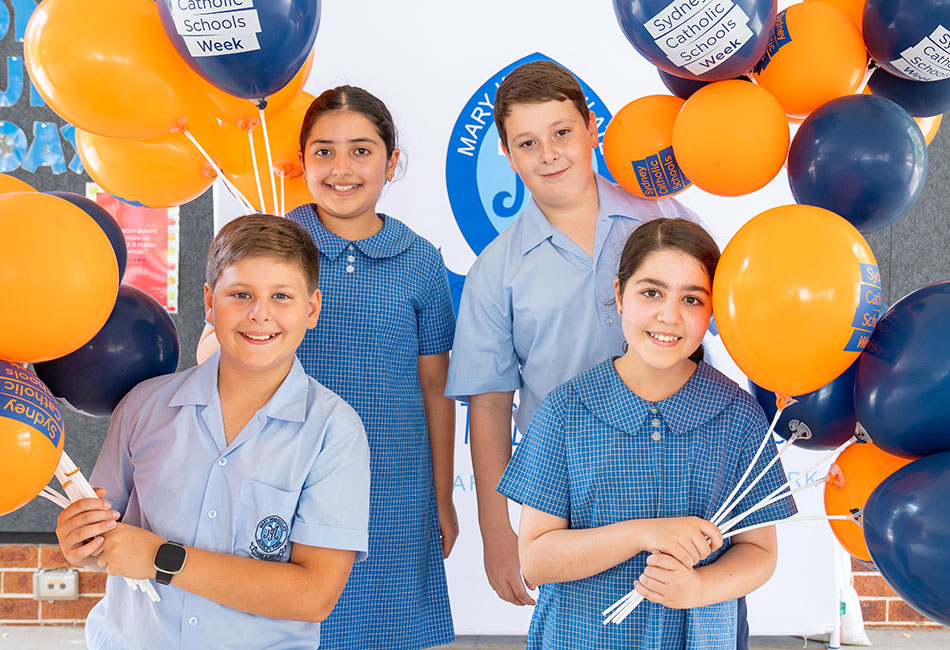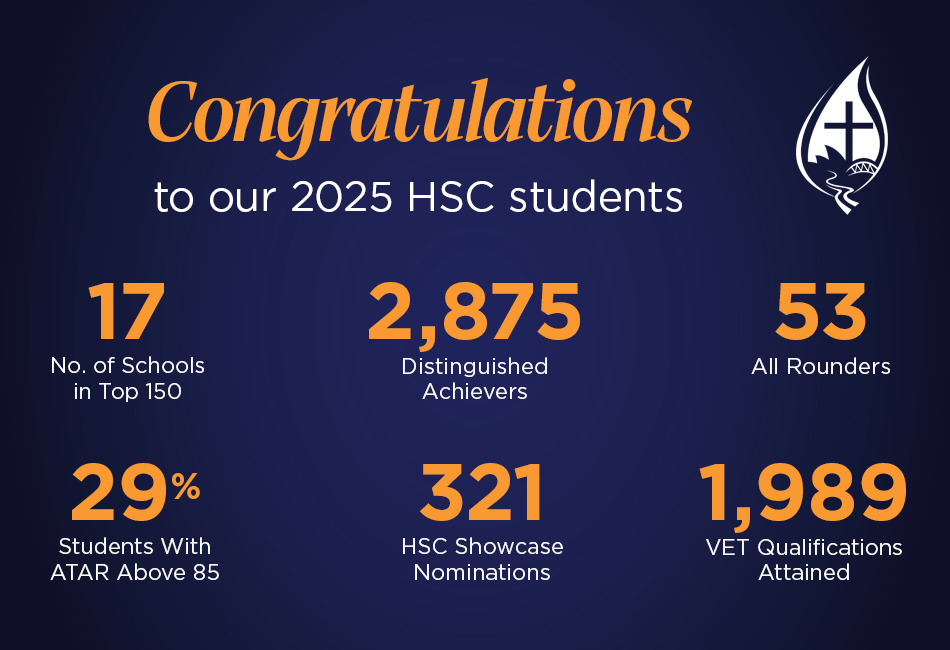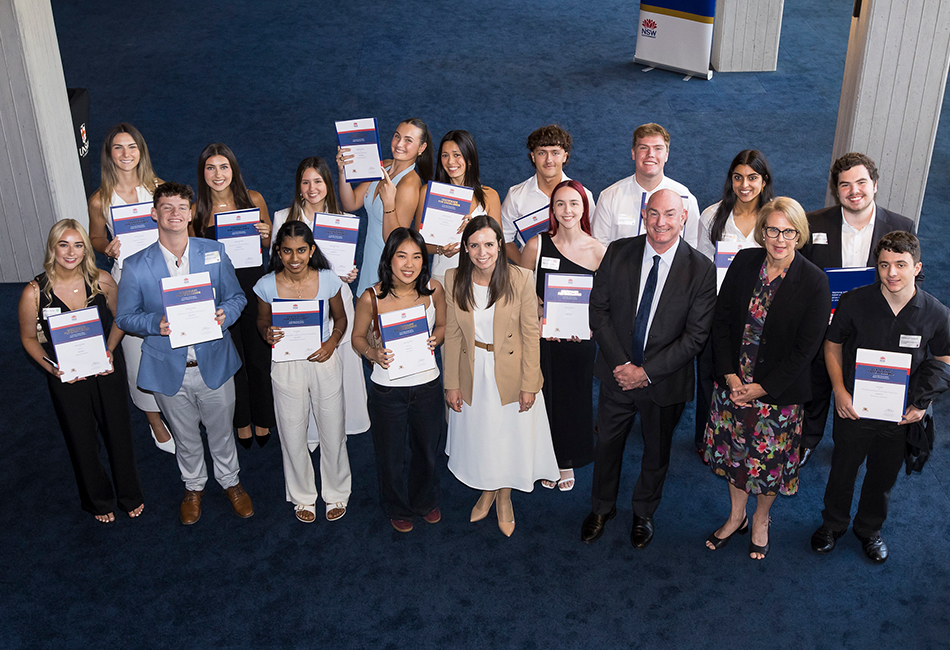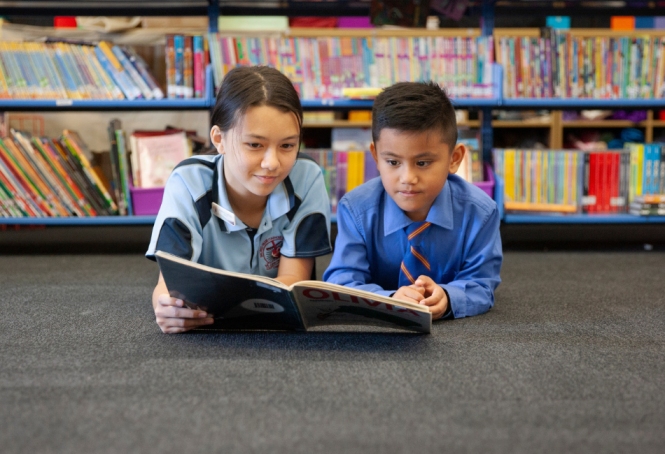I write this piece on the land of the Gadigal people of the Eora Nation who are part of a rich aboriginal culture that has existed continuously in Australia for at least 65,000 years.
It’s widely accepted that this predates the modern human settlement of Europe and the Americas.
To put this into perspective, European settlement of Australia occurred in 1788 – just 235 years ago.
Most Australians have families who arrived in Australia a long time after 1788.
As much as we love Australia, its land, its people and all the opportunities it’s given us, most of us have a very limited connection to Australia’s Aboriginal and Torres Strait Islander peoples and their culture.
Reconciliation starts by asking why we are far more likely to be aware of American or European history than the history of our first nations peoples?
Why are we far more likely to know a few words of Italian, French, Spanish or Japanese than to say hello or goodbye in any one of the hundreds of Aboriginal languages?
And why we have perhaps struggled to understand what it was like to live in Australia not so long ago when swimming pools, buses and cinemas were segregated on the basis of whether or not you were an Aboriginal or Torres Strait Islander person?
Reconciliation starts in acknowledging that Aboriginal and Torres Strait Islander children were forcibly removed from their families and sent to orphanages – a generational trauma that continues to this day.
In acknowledging that Aboriginal and Torres Strait Islander peoples were not constitutionally recognised until the late 1960s.
And acknowledging that it was not until 1992 that the High Court finally established under Australian law that Australia was not a land belonging to no one – and that 65,000 years of continuous occupation conferred upon Aboriginal and Torres Strait Islander peoples legal rights and entitlements that had been denied them since 1788.
Reconciliation starts with understanding these facts and thinking deeply about them in a spirit of curiosity, humility, openness and above all love.
I hope that during Reconciliation Week and beyond we deepen our interest in, and understanding of, Aboriginal and Torres Strait Islander peoples and the enduring existence of their culture, customs and practices.
I also hope that we recognise that Australia’s future wellbeing, prosperity and security is inextricably linked to our recognising and respecting the centrality of our First Nations peoples in terms of who we are as a nation, where we have come from and where we hope to go.
Tony Farley
Executive Director
Sydney Catholic Schools







